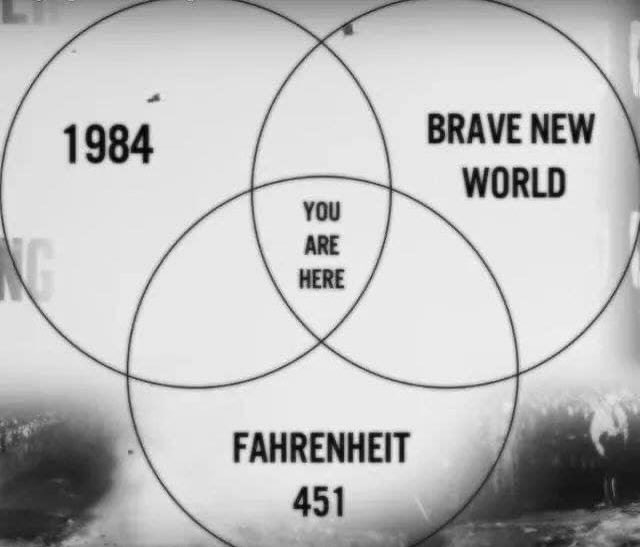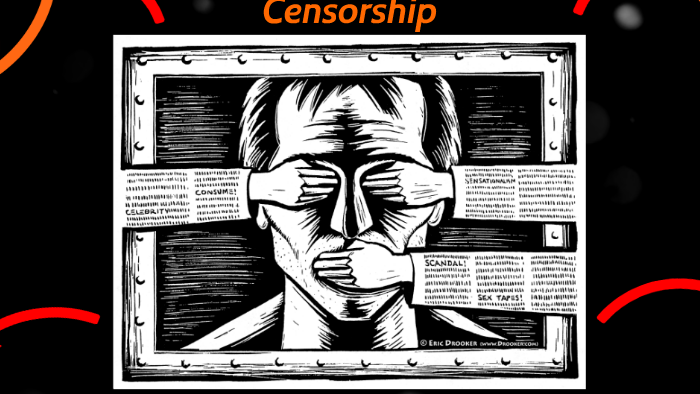In Part 1 of this article, I explored how Huxley, Orwell, and Bradbury foretold the use of technology by totalitarians to subjugate and control the masses. Now we move on to a currently hot topic – censorship.
“Great is truth, but still greater, from a practical point of view, is silence about truth.” ― Aldous Huxley, Brave New World

Censorship
“There was always a minority afraid of something, and a great majority afraid of the dark, afraid of the future, afraid of the past, afraid of the present, afraid of themselves and shadows of themselves” ― Ray Bradbury, Fahrenheit 451

“There is more than one way to burn a book. And the world is full of people running about with lit matches.” – Ray Bradbury
The primary theme of Fahrenheit 451 is censorship. In Bradbury’s dystopia, burning books was the principal method of censorship, directed by the government, but generally supported by the masses. A form of self-censorship developed, as the dullards, intellectually lazy, and willfully ignorant, preferred books to be burned so they felt that would put them on a level playing field with the critical thinkers and intellectually curious minded.
It always comes back to the government doing everything in their power to keep the masses apathetic, ill-informed, entertained, and distracted, to ensure their continued control over society. Bradbury believed the masses would go along with censorship because they already had television, radio, and fast cars, with vacuous programming, loud music, and unceasing advertising creating over-stimulation and distraction for the populace. They were too distracted to read a book, learn, think critically, or question the authorities.
Continue reading “BURNING BOOKS IN A BRAVE NEW 1984 WORLD – THE AGE OF CENSORSHIP”




